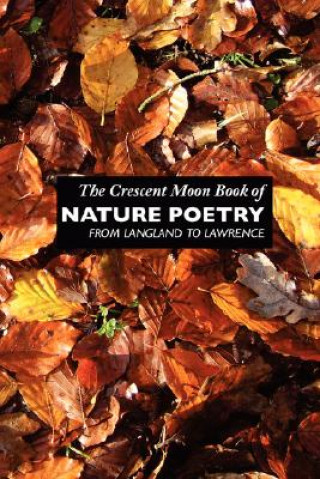
Kod: 08857157
Crescent Moon Book of Nature Poetry
Autor Margaret Elvy
THE CRESCENT MOON BOOK OF NATURE POETRY An anthology of great nature poems, including the Elizabethan pastorals of Edmund Spenser, William Shakespeare, Sir Walter Raleigh and Michael Drayton, and classics of nature m ... więcej
- Język:
 Angielski
Angielski - Oprawa: Miękka
- Liczba stron: 112
Wydawca: Crescent Moon Publishing, 2008
- Więcej informacji o książce

Zobacz książki o podobnej tematyce
-

History of Project Management
246.51 zł -
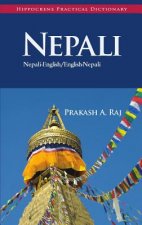
Nepali - English / English - Nepali Practical
105.65 zł -4 % -

Staffordshire and Warwickshire, Past and Present
139.34 zł -5 % -

Entokil Man
70.47 zł -23 % -

Beyond Bypass and Chelation for Heart Problems and Cardiovascular Disease
128.64 zł -

East German Girl
93.96 zł -5 % -

Reconciliation of Humanity to God
57.16 zł -7 %
Bon podarunkowy: Radość gwarantowana
- Podaruj bon o dowolnej wartości, a my się zajmiemy resztą.
- Bon podarunkowy dotyczy całej naszej oferty.
- Możesz wydrukować elektroniczny bon z e-maila a następnie przekazać go obdarowanemu.
- Ważność bonu wynosi 12 miesięcy od daty wystawienia.
Więcej informacji o Crescent Moon Book of Nature Poetry
Za ten zakup dostaniesz 36 punkty
 Opis
Opis
THE CRESCENT MOON BOOK OF NATURE POETRY An anthology of great nature poems, including the Elizabethan pastorals of Edmund Spenser, William Shakespeare, Sir Walter Raleigh and Michael Drayton, and classics of nature mysticism by Geoffrey Chaucer, William Langland, James Thomson, William Blake and William Wordsworth, among others. Famous anthology pieces nestle amongst lesser known poems, including some neglected women poets, and American poets such as Amy Lowell and Emily Dickinson. The British nature poetry tradition builds on the Greek tradition of bucolic themes. The early poems of the nature poetry tradition in Britain include 'Sumer is y-cumen in', that famous hymn to the rebirth of Spring and warmth. The strength of the mediaeval rhythms continues undiminished. It is (partially) the solidity of the poetic rhythm of 'Sumer is y-cumen in' that makes the poem so successful. The rhymes, too, do not jar, as so they often do in British poetry from the Victorian era onwards. The rhymes of Langland, Chaucer and mediaeval English poets weld their verses together. In Chaucer's famous poem included here the rhyme scheme is as complex as any in troubadour or French Symbolist poetry, but Chaucer sticks to strong, basic end-words: 'blake', 'make', 'wake' and 'shake'. Just as beautiful as 'Sumer is y-comen in', though less well-known, are the many anonymous poems of nature, of the mediaeval era, of which "Lenten is come with love to towne" is such a delicious example. In nature poetry, whether of the mediaeval epoch or of contemporary poets, notions such as Spring, childhood and paradise fuse. Terms such as idyll, Arcadia, Eden and golden age are different names for a fount of feeling, to do with love/ nature/ childhood/ purity, and which lies at the heart of nature poetry. One finds archetypal imagery in the nature poetry included here. There is the wood or forest, for example, such a key part of William Shakespeare's plays. In Sir Philip Sidney's poem from The Countess of Pembroke's Arcadia, the woods are 'the delight of solitariness'. In Sir Thomas Wyatt's "I must go walk the woods so wild", the forest becomes a place of wilderness and banishment (again a common theme in Shakespeare). In Sir Walter Raleigh's 'The Nymph's Reply to the Sheepheard', we find the archetypal (indeed, stereotypical) imagery of the shepherd abroad in the countryside meeting the nymph. By the time of Henry Vaughan's poetry, God and Christianity has infused nature poetry, so that nature becomes subordinated to (and a part of) God's divine plan. But the love of nature continues unabated in the Romantic poets, in Shelley, Browning, and the Wordsworths, up to and beyond Thomas Hardy.
 Szczegóły książki
Szczegóły książki
Kategoria Książki po angielsku Literature & literary studies Poetry
62.70 zł
- Pełny tytuł: Crescent Moon Book of Nature Poetry
- Autor: Margaret Elvy
- Język:
 Angielski
Angielski - Oprawa: Miękka
- Liczba stron: 112
- EAN: 9781861711328
- ISBN: 9781861711328
- ID: 08857157
- Wydawca: Crescent Moon Publishing
- Waga: 170 g
- Wymiary: 234 × 156 × 5 mm
- Data wydania: 01. February 2008
Ulubione w innej kategorii
-
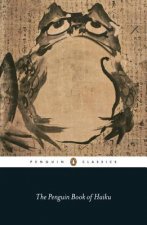
Penguin Book of Haiku
61.19 zł -23 % -
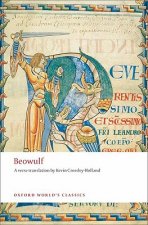
Beowulf
45.36 zł -5 % -

The Complete Poetry Of Edgar Allan Poe
22.37 zł -12 % -
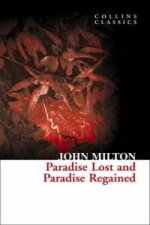
Paradise Lost and Paradise Regained
15.42 zł -23 % -

Film for Her
79.74 zł -23 % -
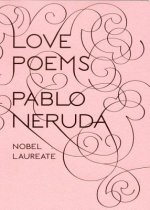
Love Poems
53.43 zł -6 % -
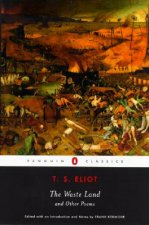
Waste Land and Other Poems
53.93 zł -4 % -

Love And Space Dust
57.36 zł -
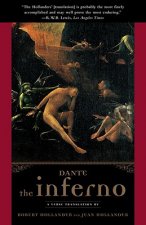
Inferno
75.61 zł -13 % -
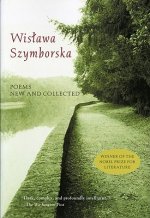
Poems New and Collected 1957-1997
75.61 zł -13 % -

New and Selected Poems, Volume Two
77.83 zł -5 % -

Legend of Sigurd and Gudrun
48.99 zł -14 % -
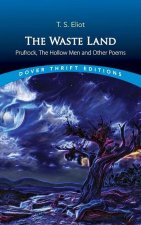
Waste Land, Prufrock, The Hollow Men, and Other Poems
41.53 zł -

Her Favorite Color Was Yellow
73.35 zł -
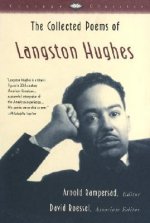
Collected Poems of Langston Hughes
93.76 zł -5 % -
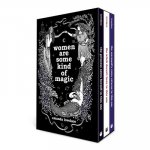
Women Are Some Kind of Magic boxed set
148.30 zł -23 % -

Japanese Haiku Poems
56.65 zł -23 % -
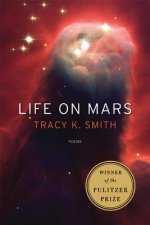
Life On Mars
73.69 zł -5 % -
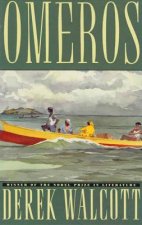
Omeros
81.76 zł -5 % -

Typo
82.46 zł -
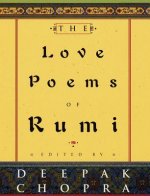
Love Poems of Rumi
61.80 zł -5 % -
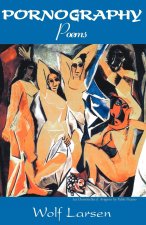
Pornography
98.09 zł -1 % -
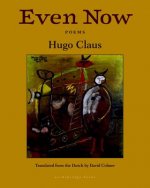
Even Now: Poems By Hugo Claus
68.85 zł -24 % -

espejo roto
73.54 zł -
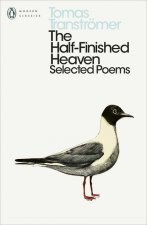
Half-Finished Heaven
42.94 zł -23 % -
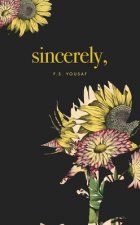
Sincerely
65.83 zł -4 % -
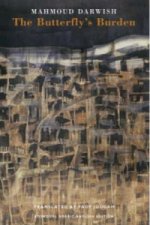
Butterfly's Burden
93.45 zł -23 % -
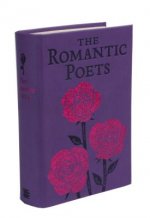
Romantic Poets
65.83 zł -4 % -
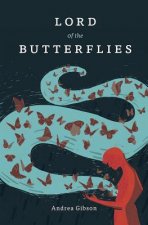
Lord Of The Butterflies
69.96 zł -4 % -

Whiskey Words & a Shovel I
65.83 zł -23 % -
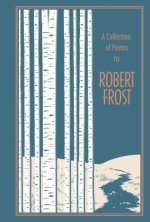
Collection of Poems by Robert Frost
105.86 zł -4 % -

Book of Rumi
81.56 zł -5 % -
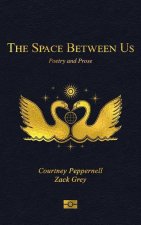
Space Between Us
56.65 zł -23 % -
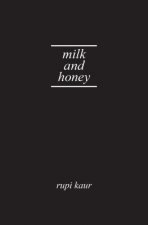
Milk and Honey
70.47 zł -23 % -
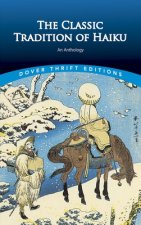
Classic Tradition of Haiku
19.95 zł -23 % -
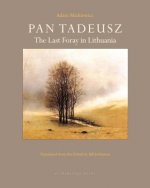
Pan Tadeusz
65.93 zł -23 % -

Storm for the Living and the Dead
47.38 zł -23 % -

Sir Gawain and the Green Knight
65.12 zł -6 % -
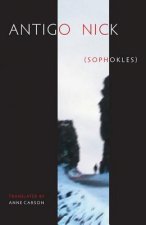
Antigonick
53.63 zł -4 % -
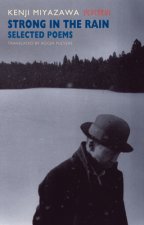
Strong In the Rain
77.52 zł -5 % -
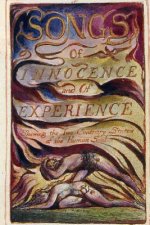
Songs of Innocence and of Experience
75.91 zł -
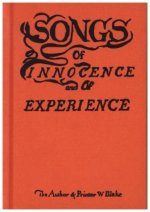
Songs of Innocence and of Experience
47.38 zł -23 % -

Lunch Poems
41.53 zł -5 % -

Collected Poems of Frank O'Hara
113.52 zł -5 % -
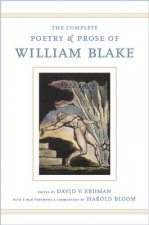
Complete Poetry and Prose of William Blake
206.88 zł -
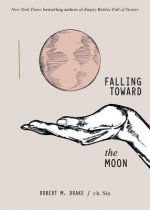
Falling Toward the Moon
70.26 zł -14 % -
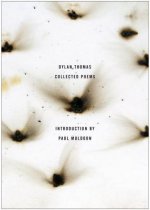
Collected Poems of Dylan Thomas
73.49 zł -5 % -
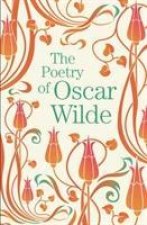
Poetry of Oscar Wilde
33.66 zł -23 % -

She's Strong, but She's Tired
73.69 zł -5 %
zadowolonych klientów
Od roku 2008 obsłużyliśmy wielu miłośników książek, ale dla nas każdy był tym wyjątkowym.
Copyright! ©2008-24 libristo.pl Wszelkie prawa zastrzeżonePrywatnieCookies



 21 milionów książek
21 milionów książek Dostawa 10.99 zł
Dostawa 10.99 zł (32) 444 93 66 (8-15.30h)
(32) 444 93 66 (8-15.30h)